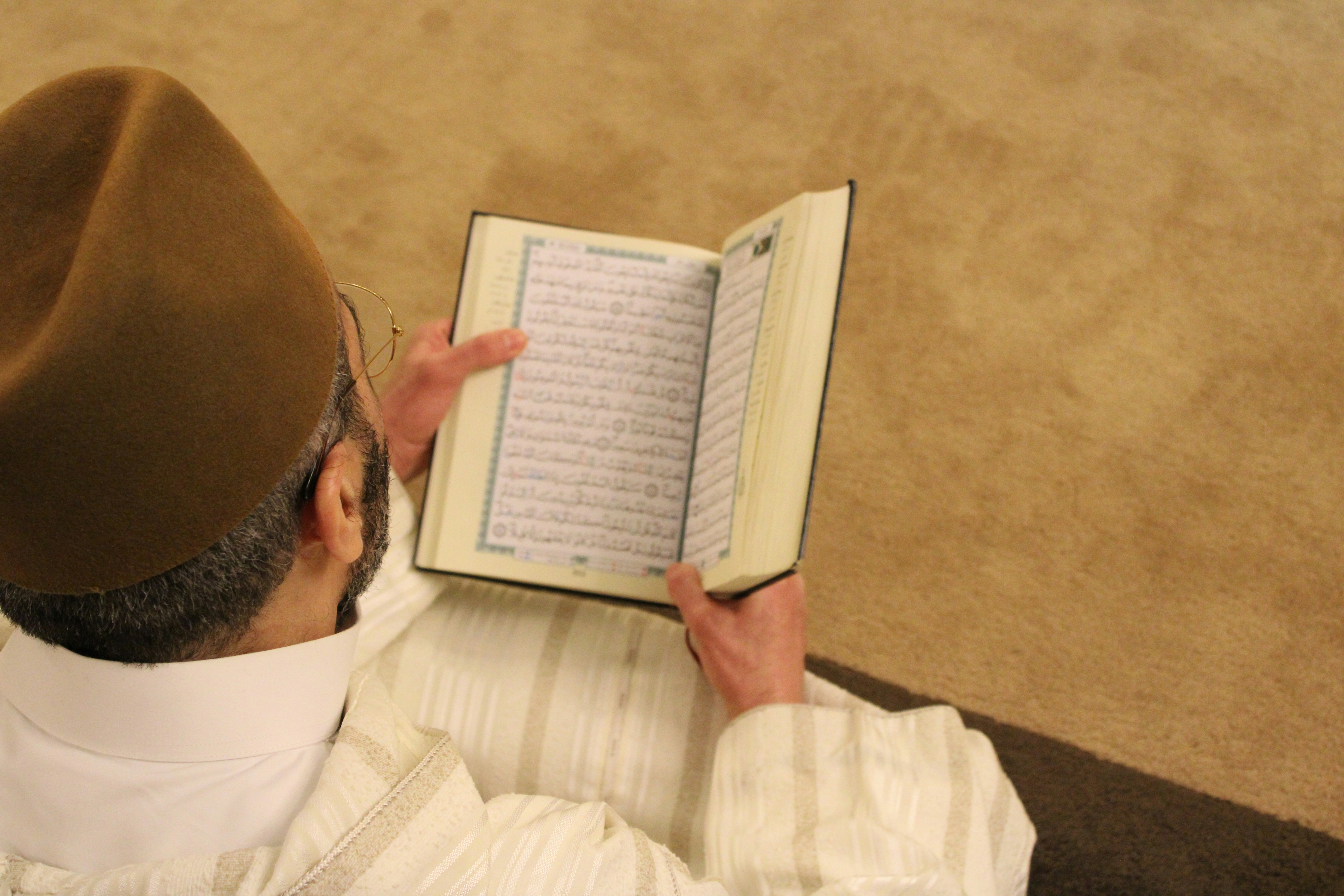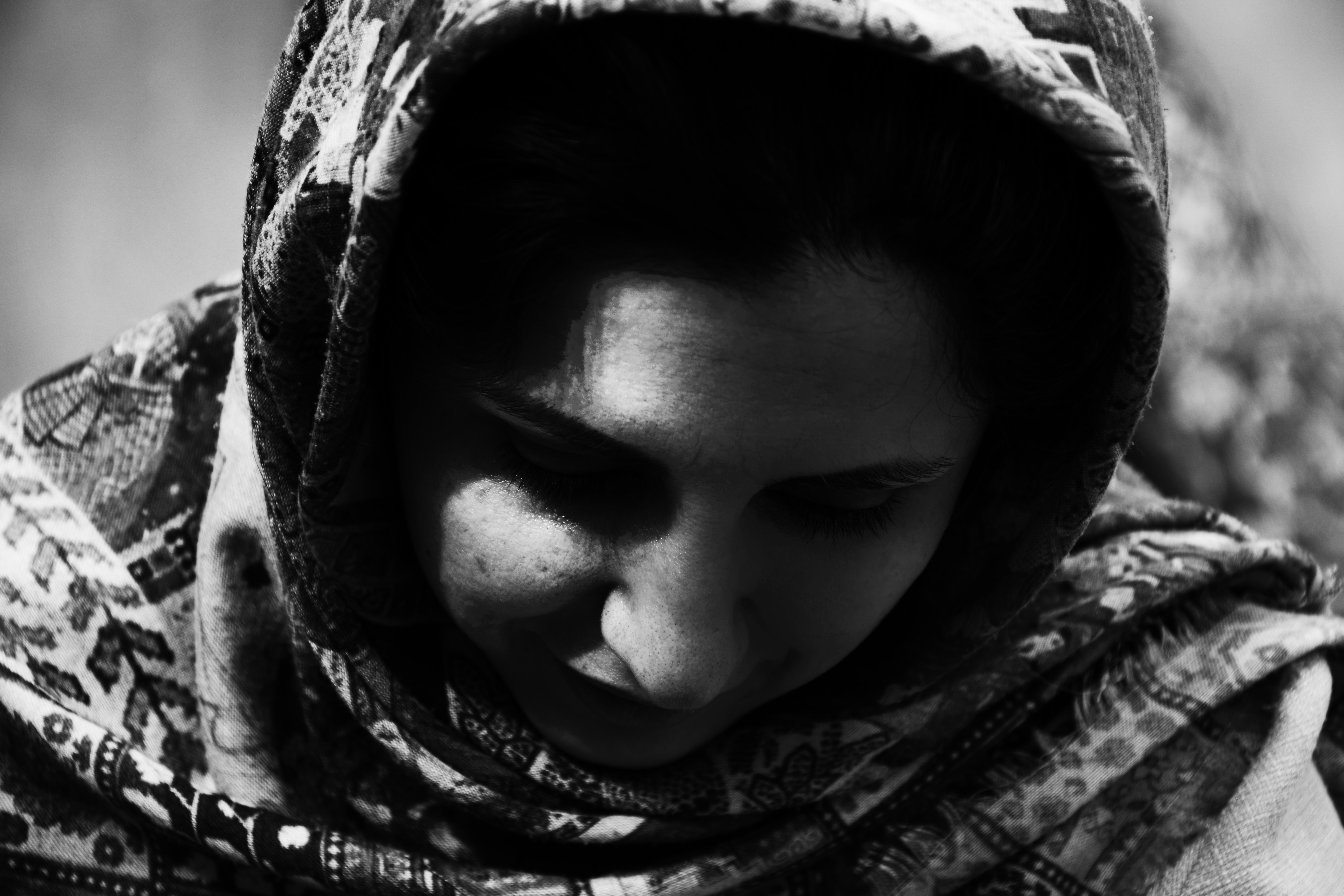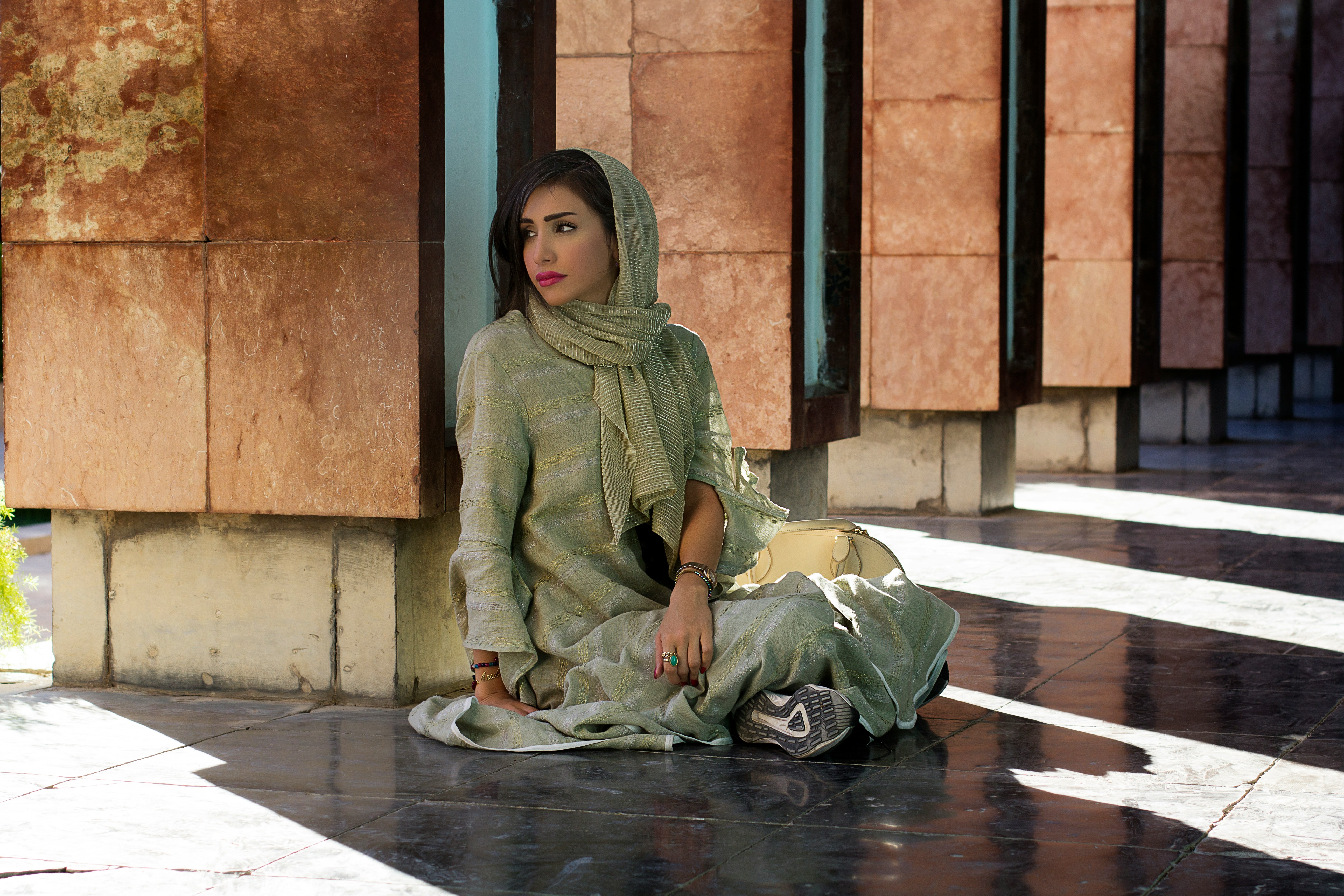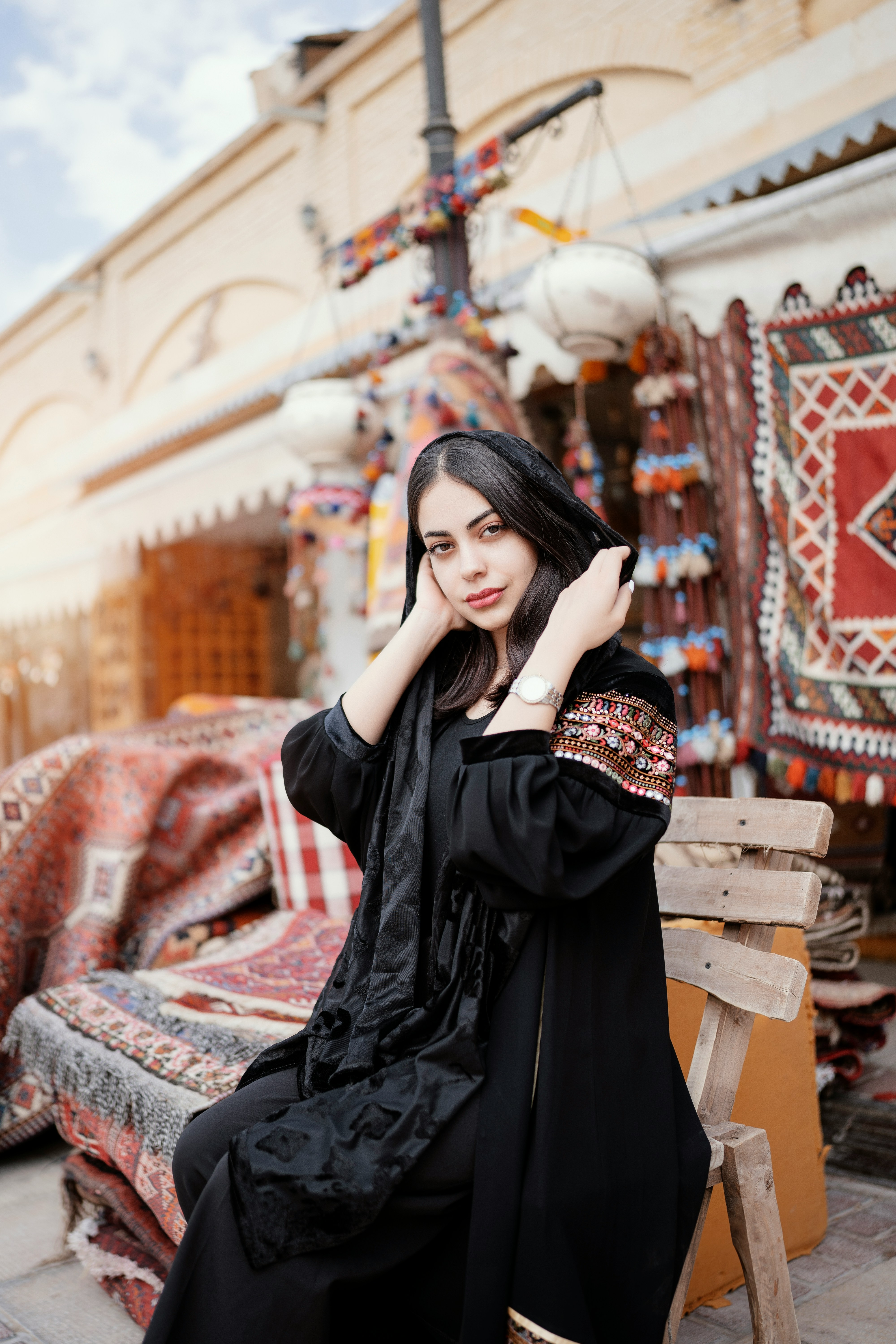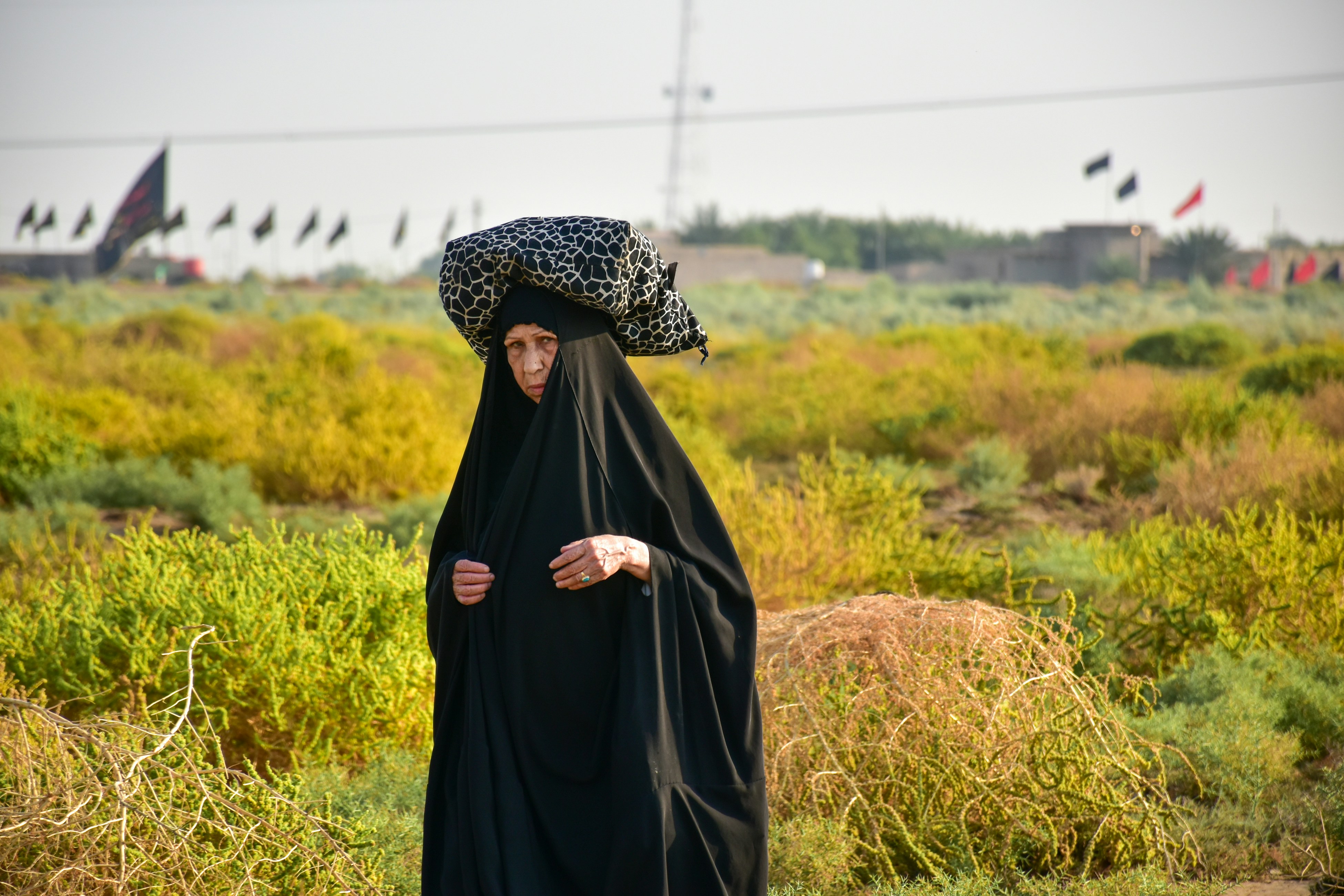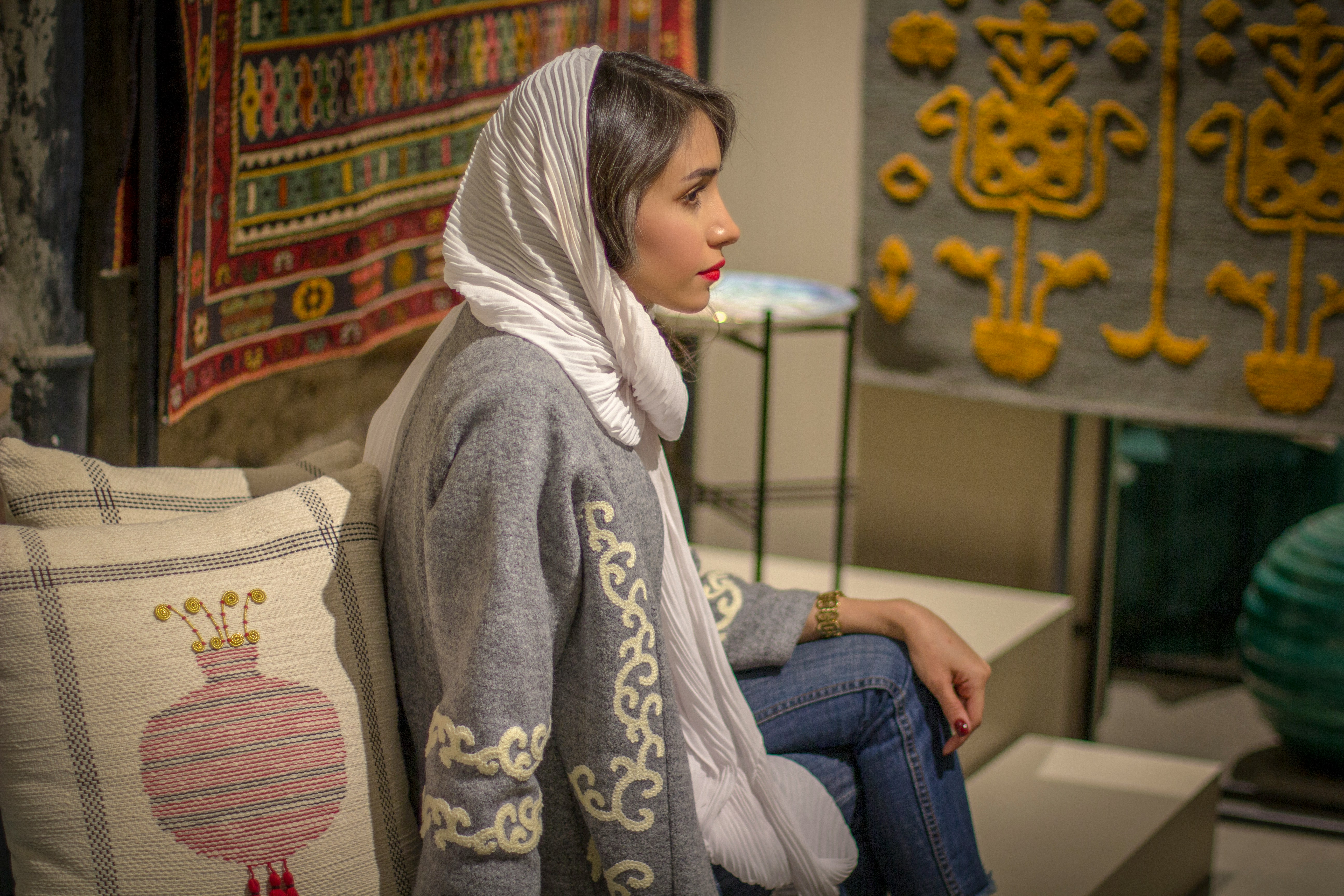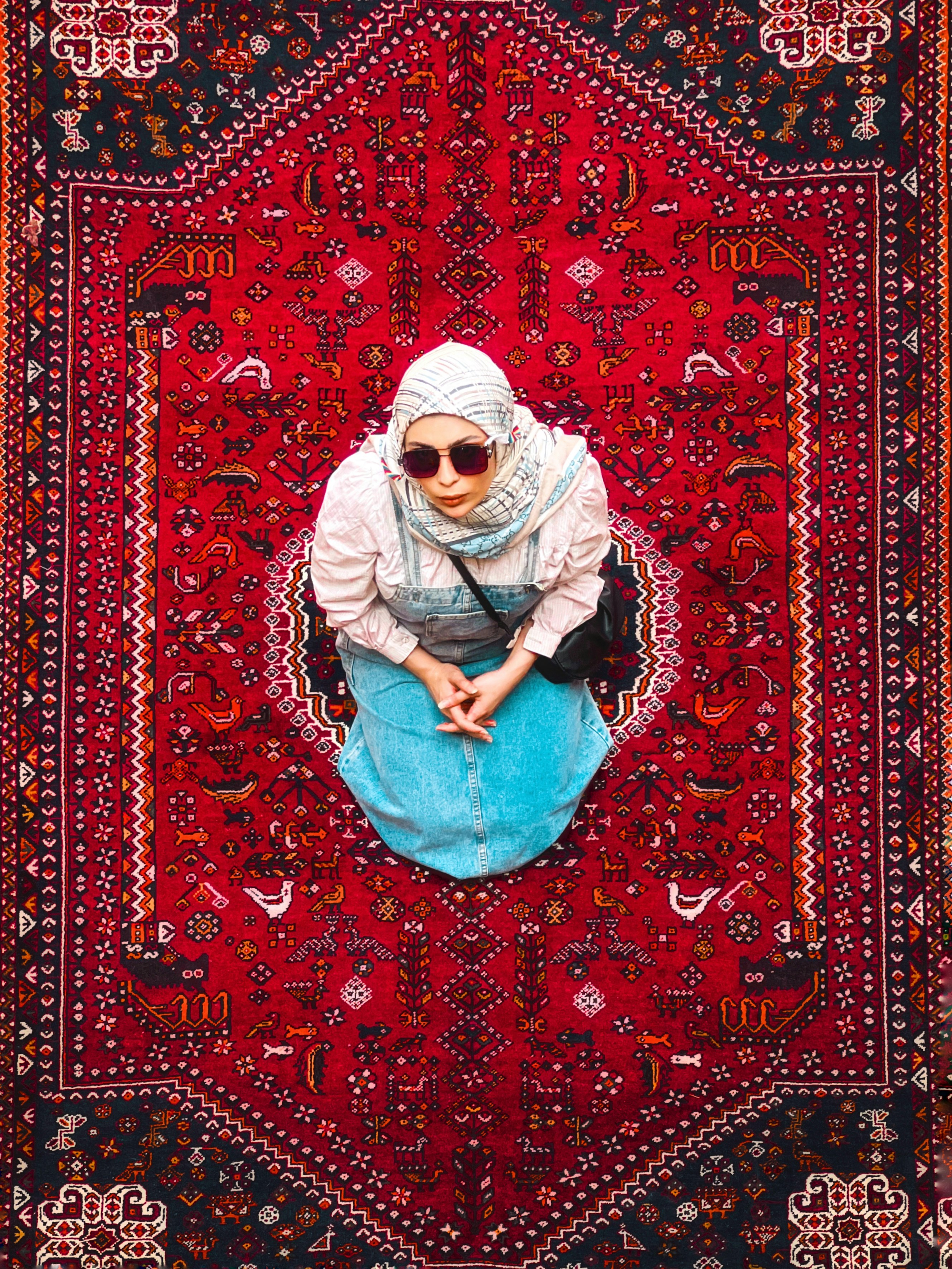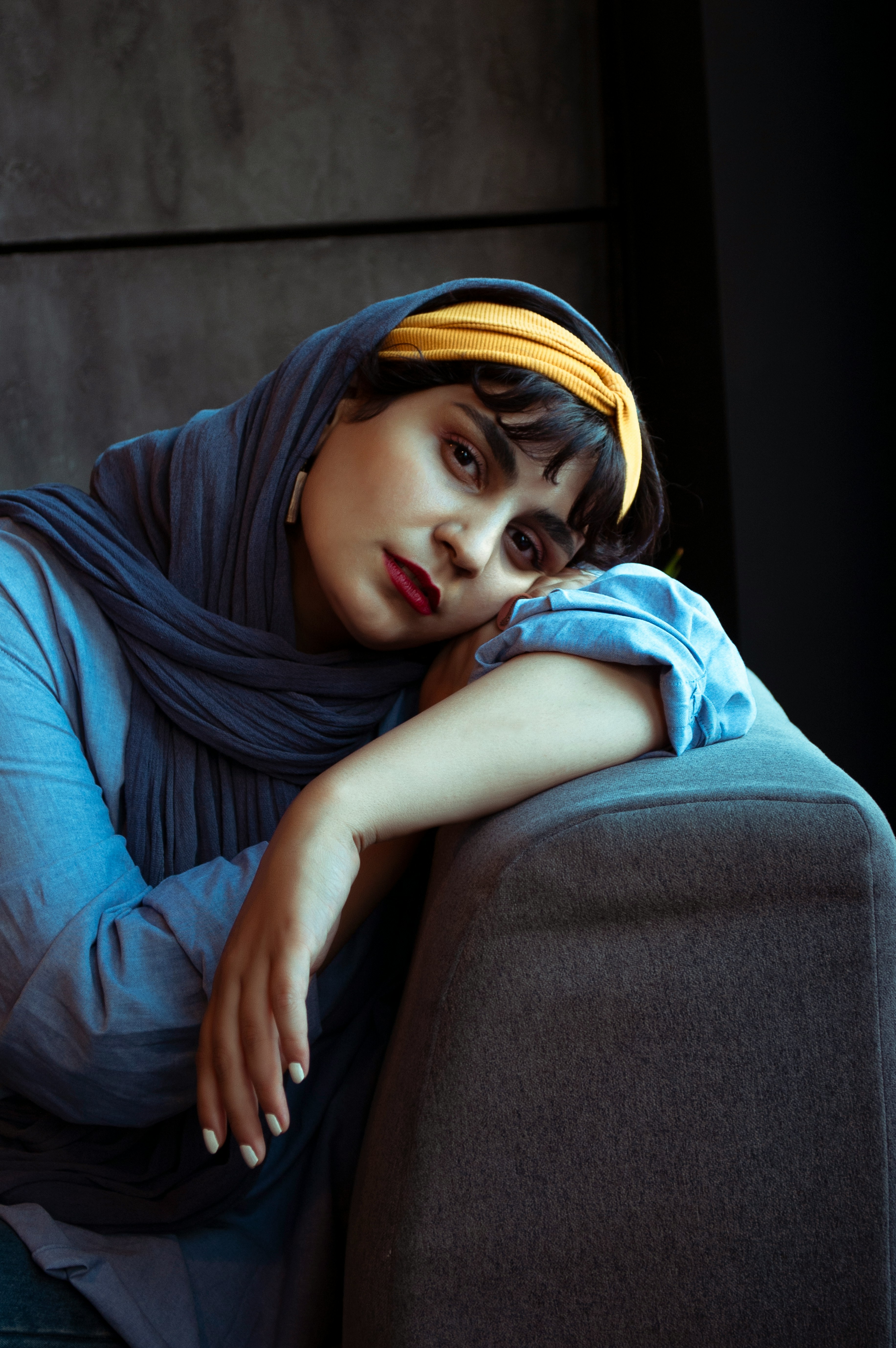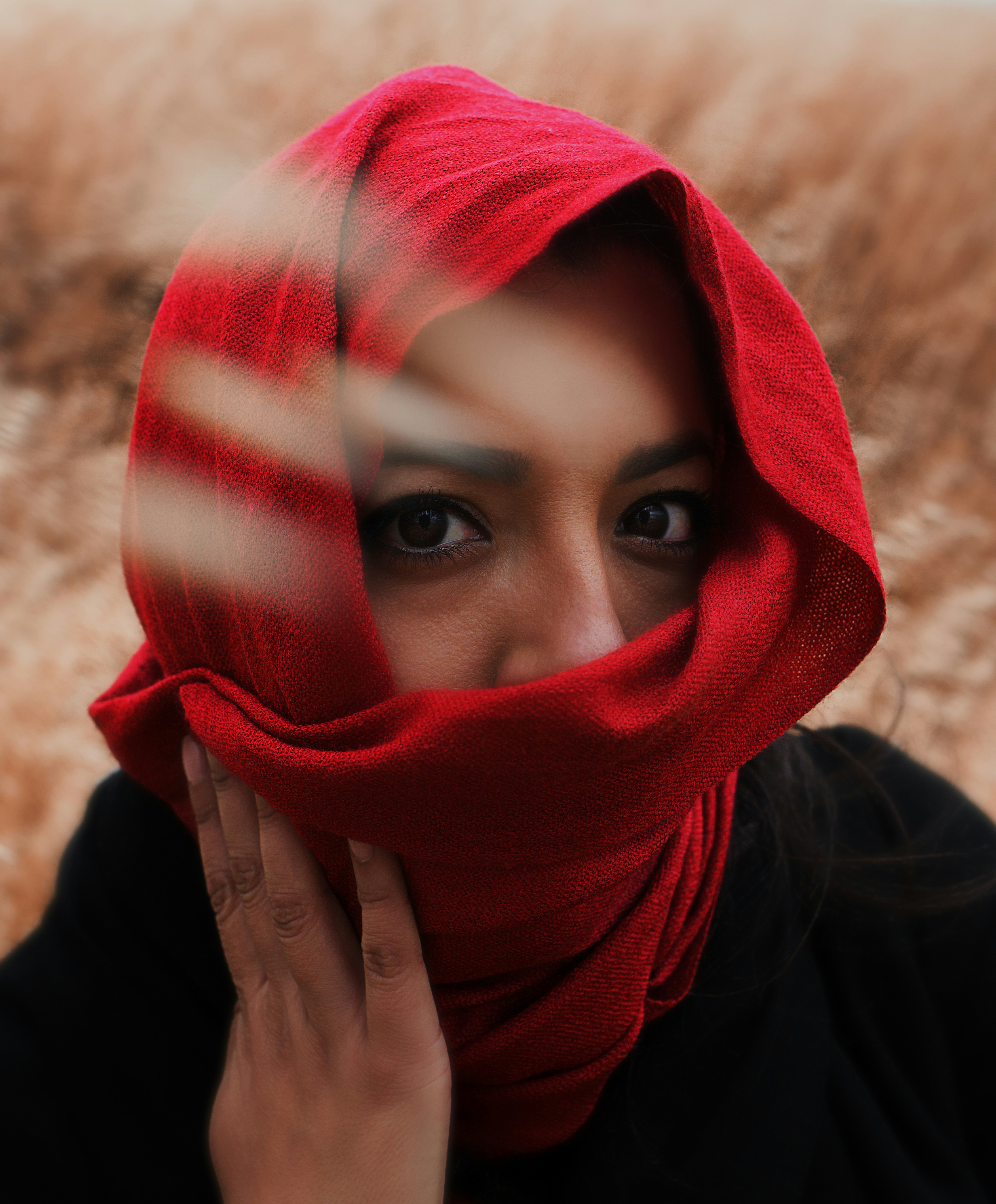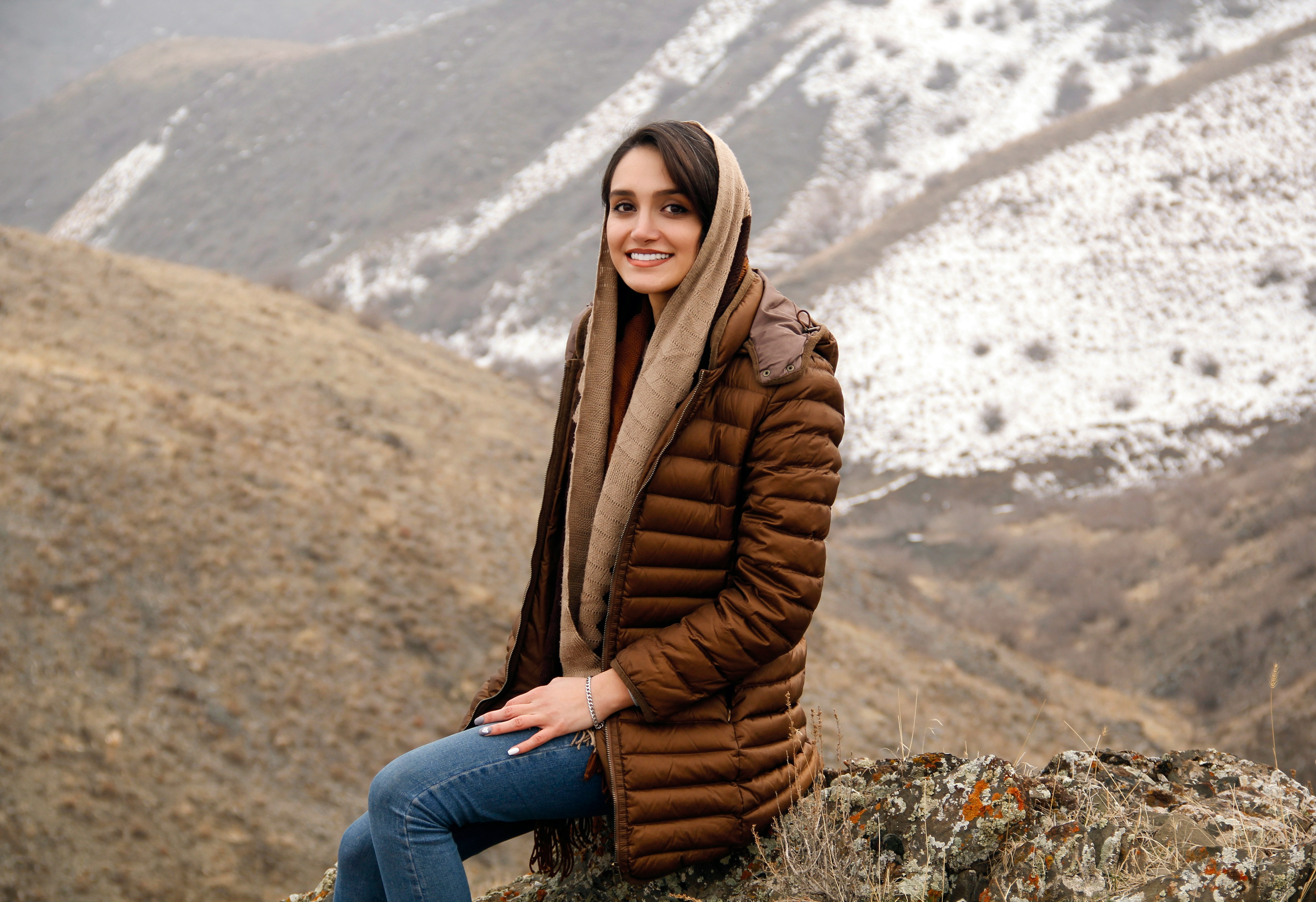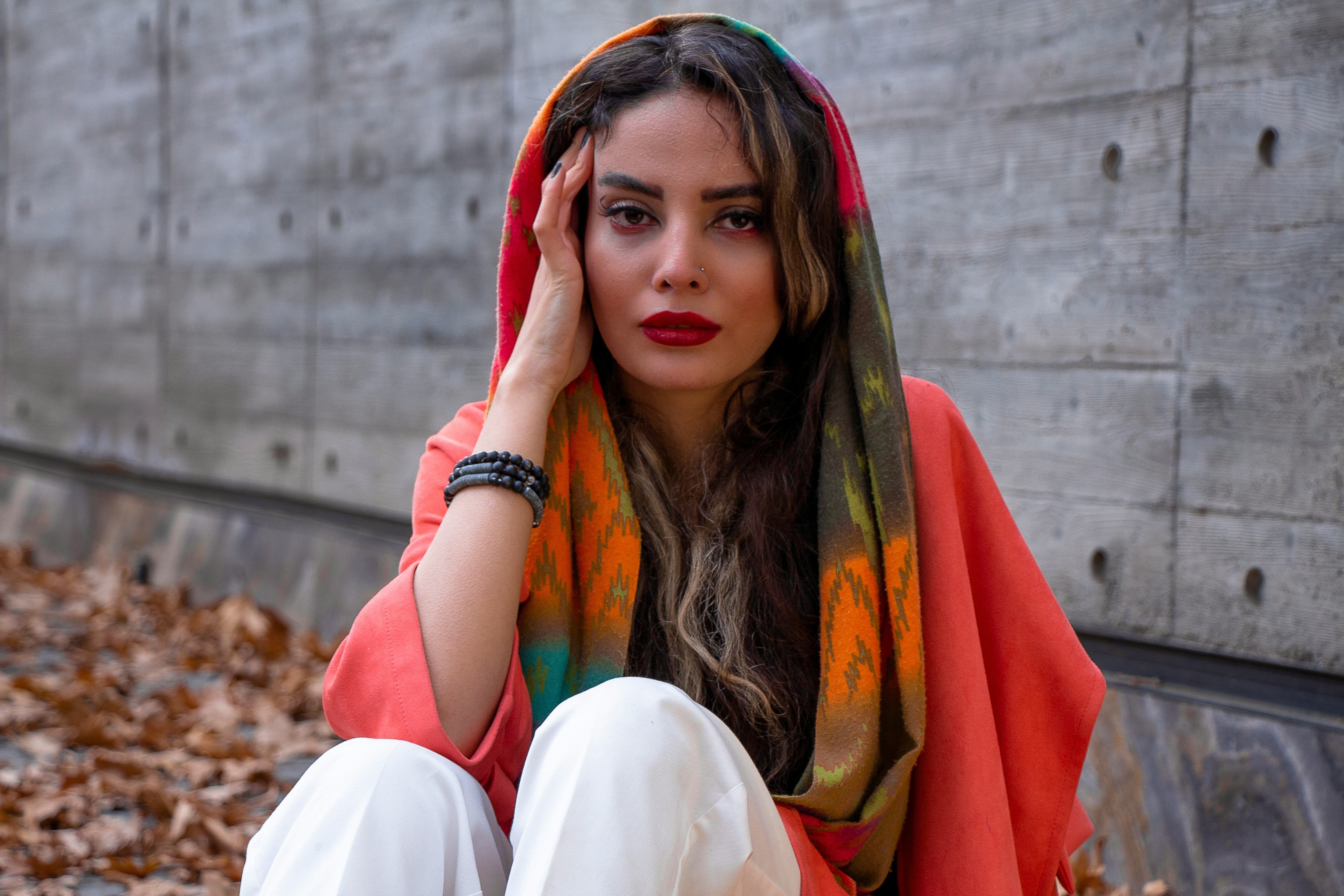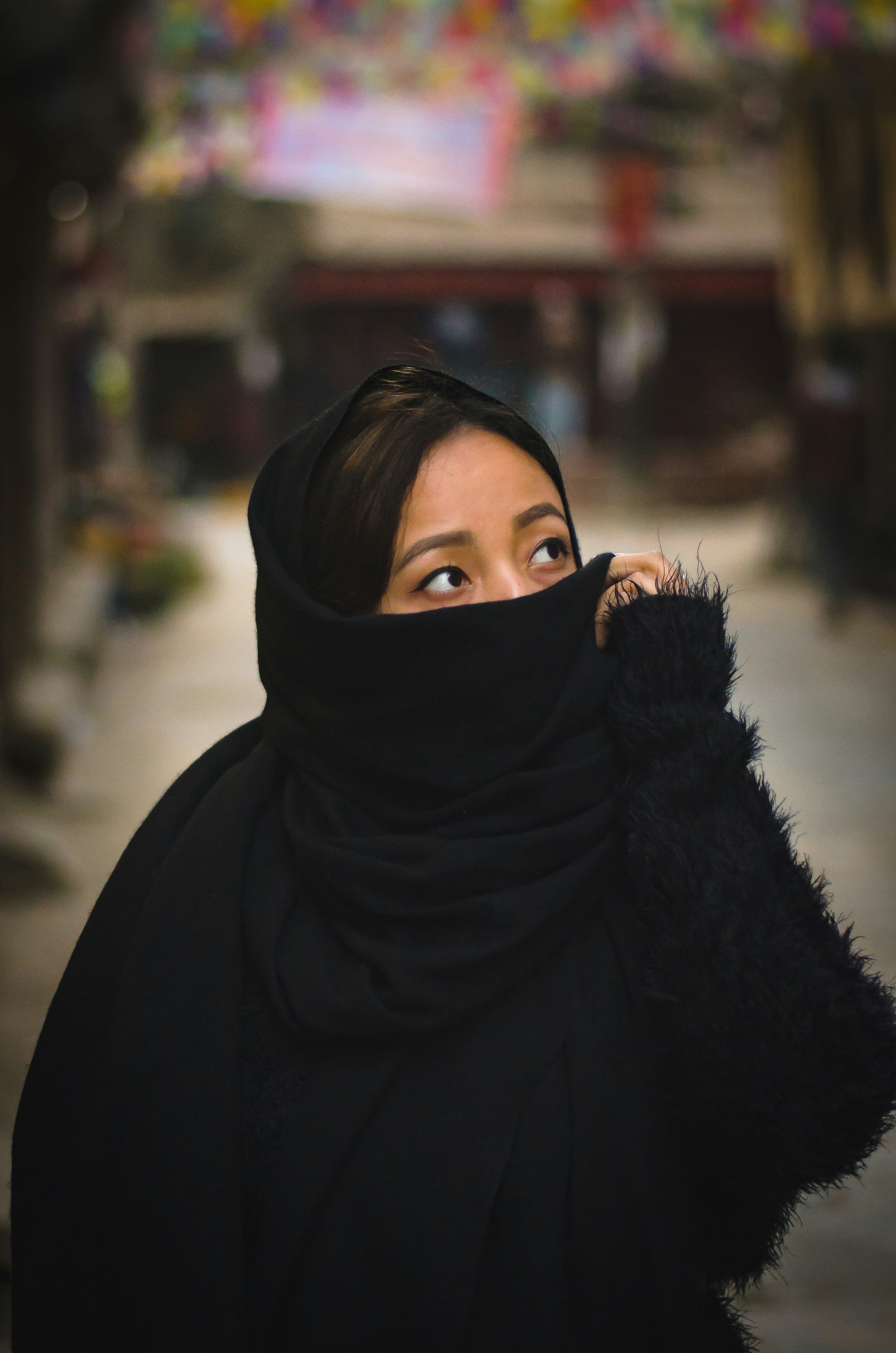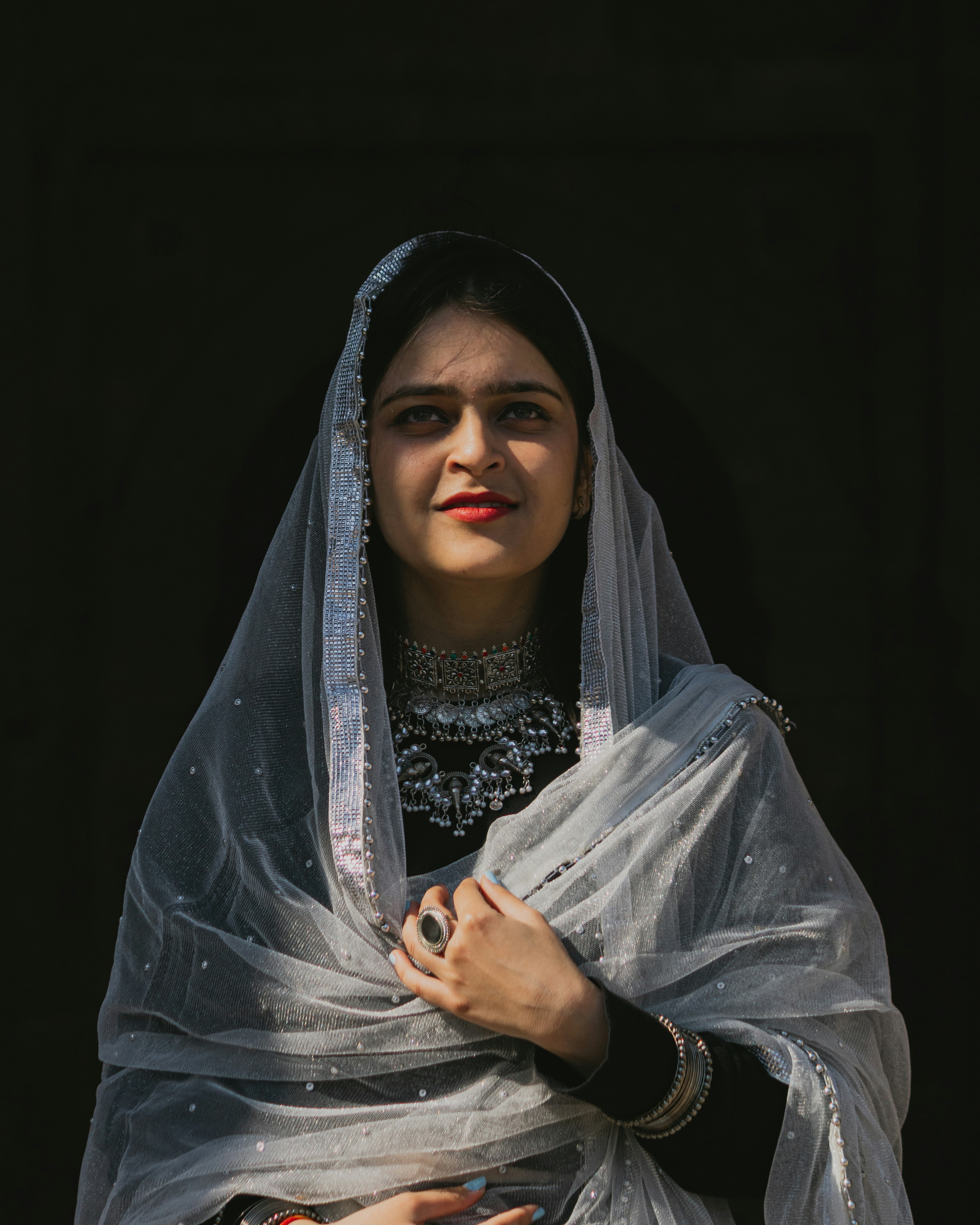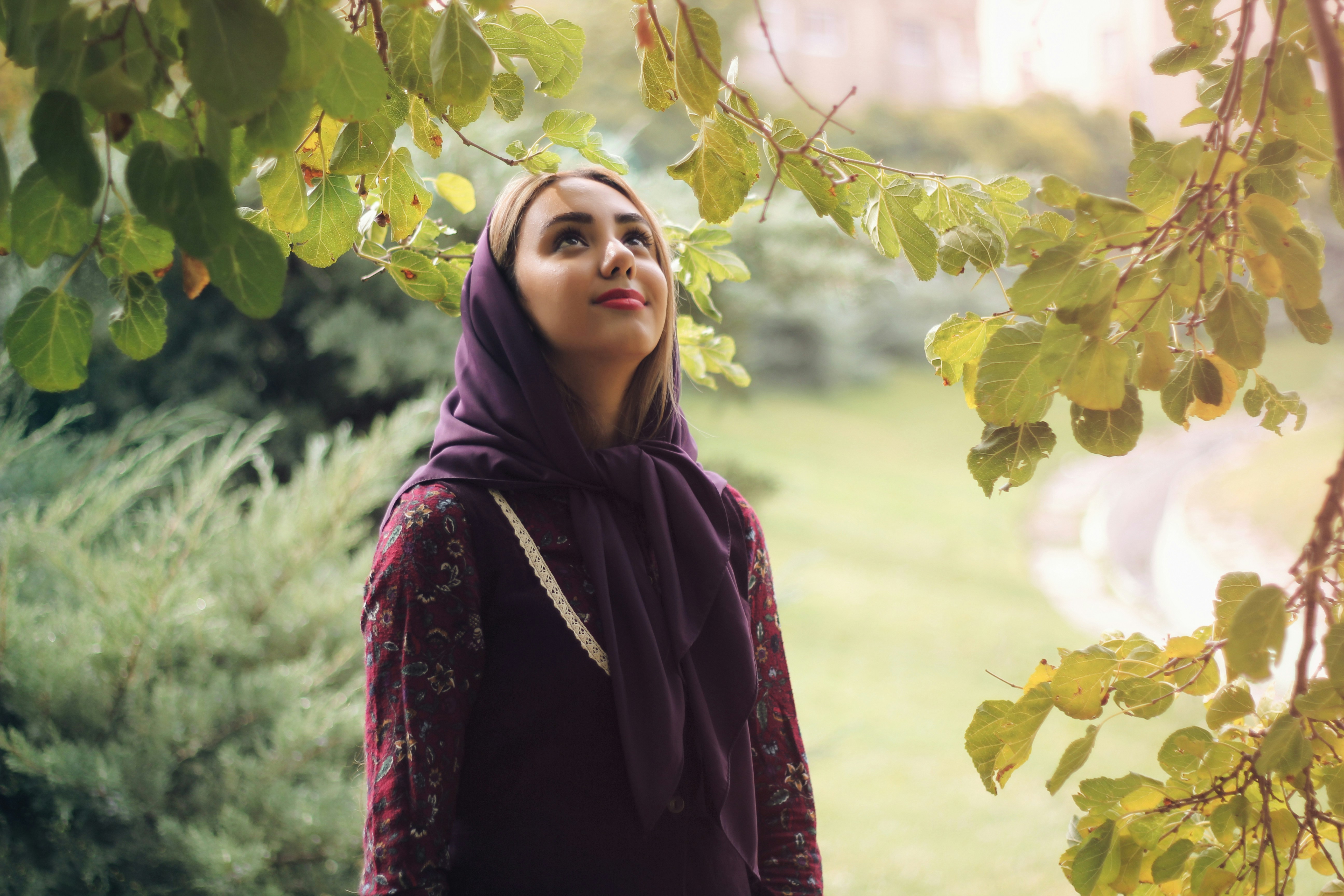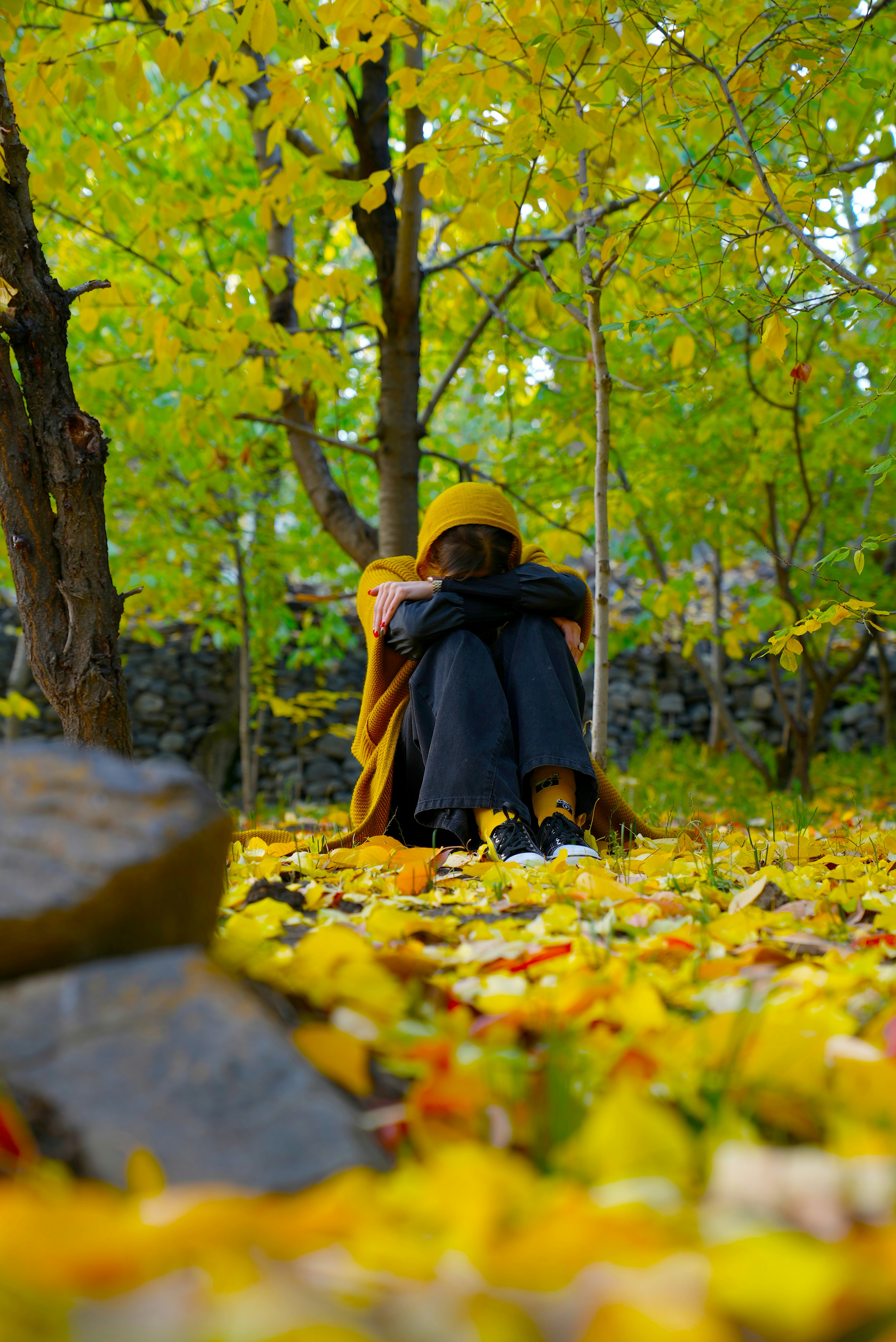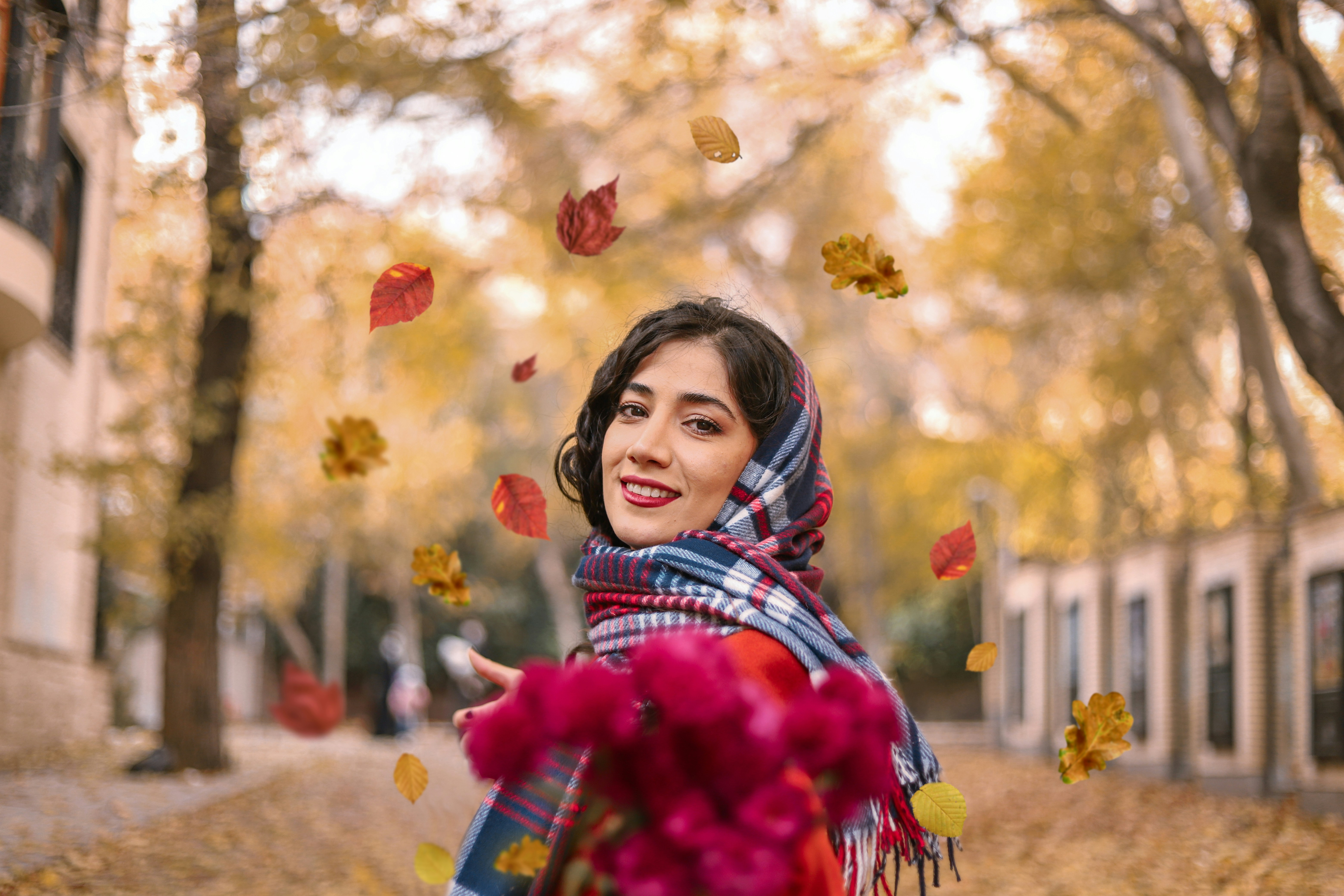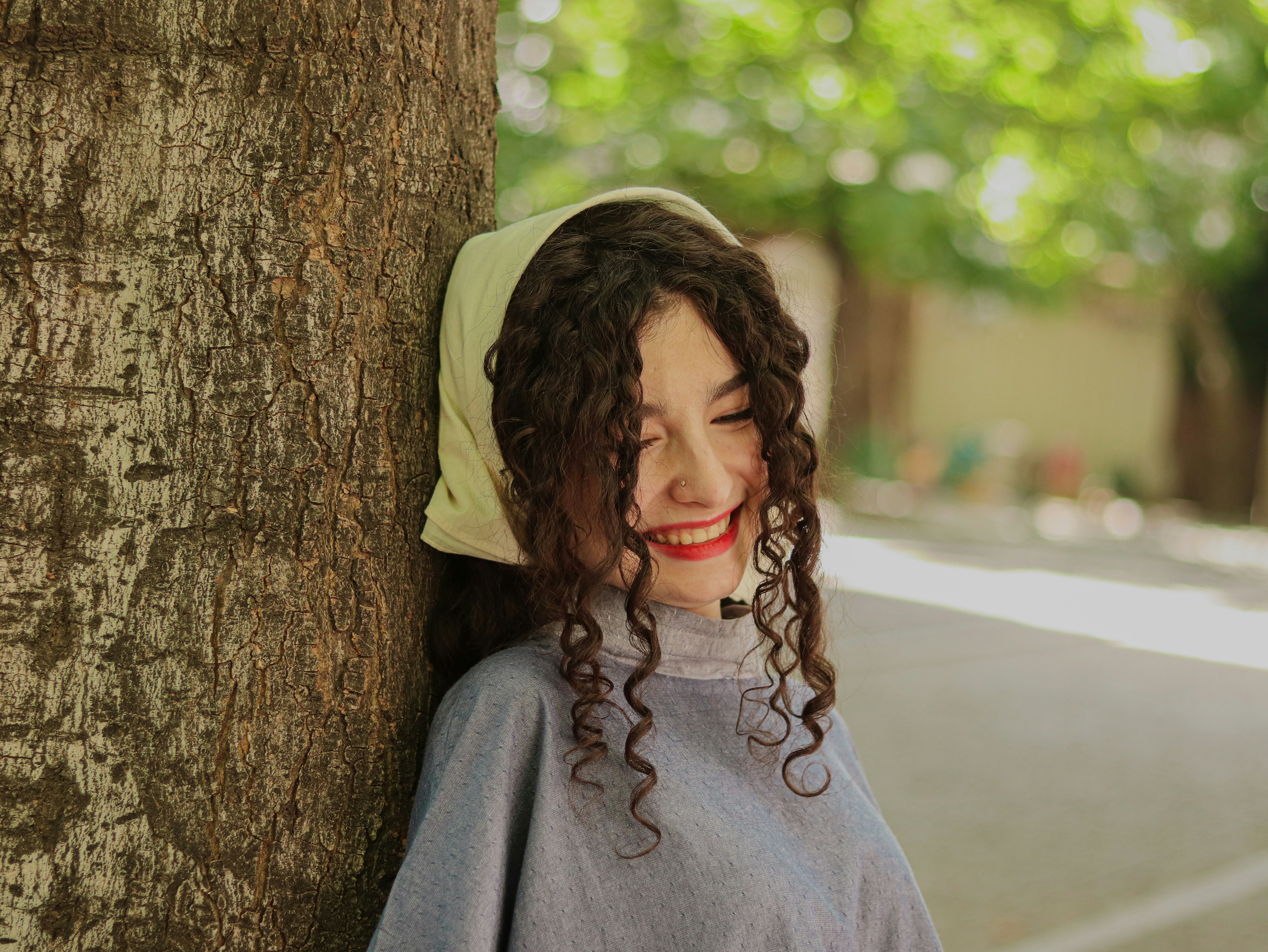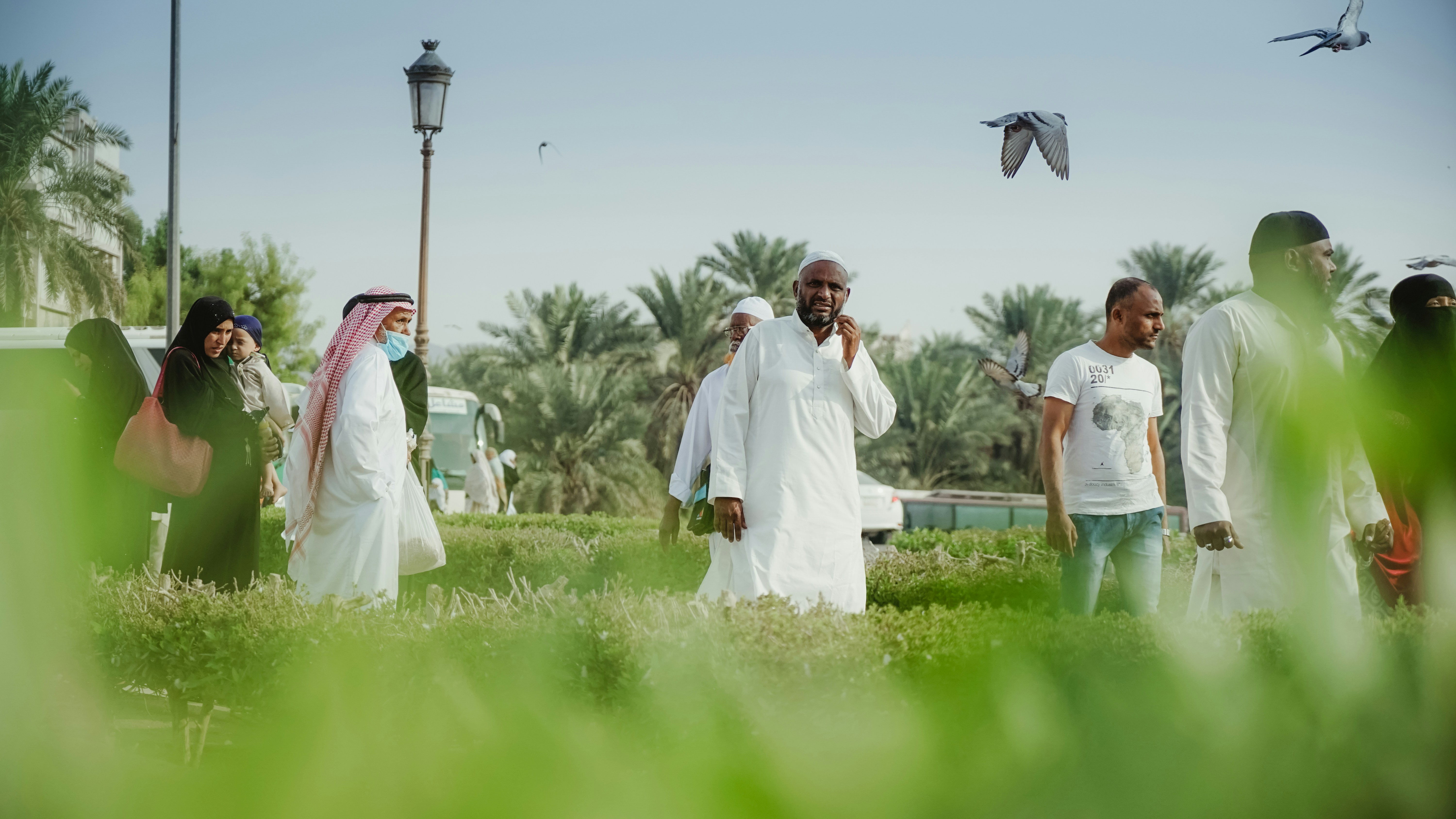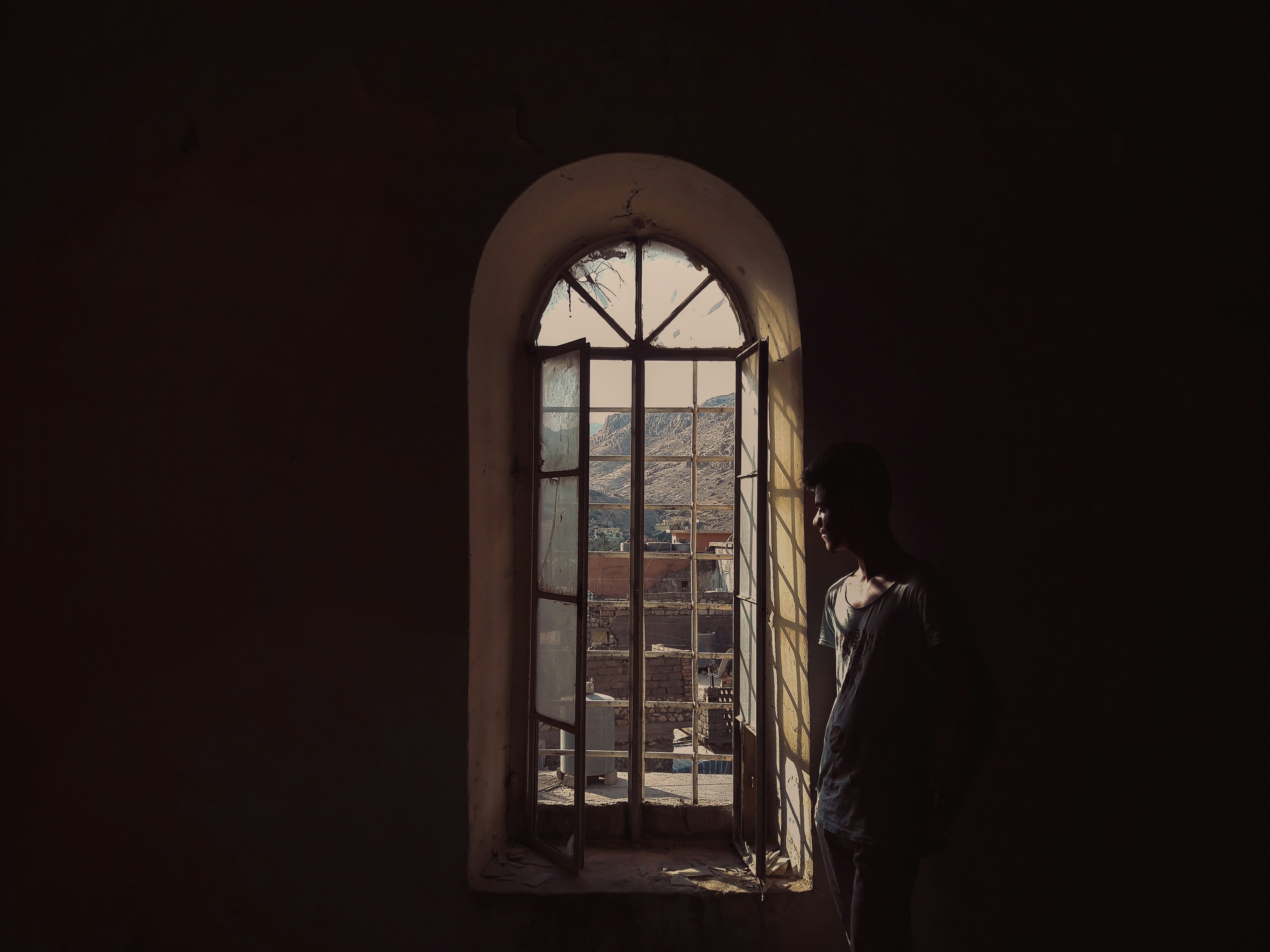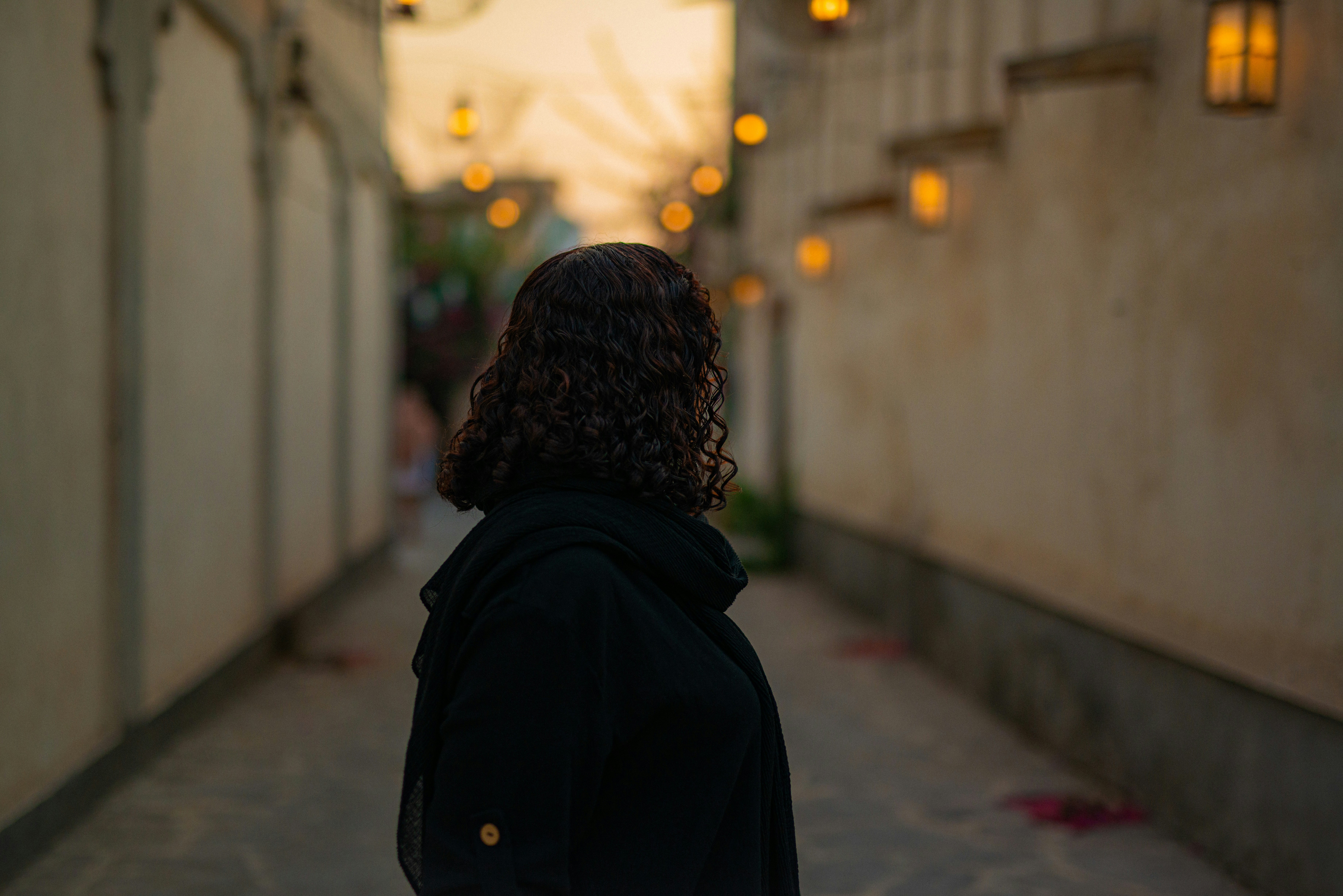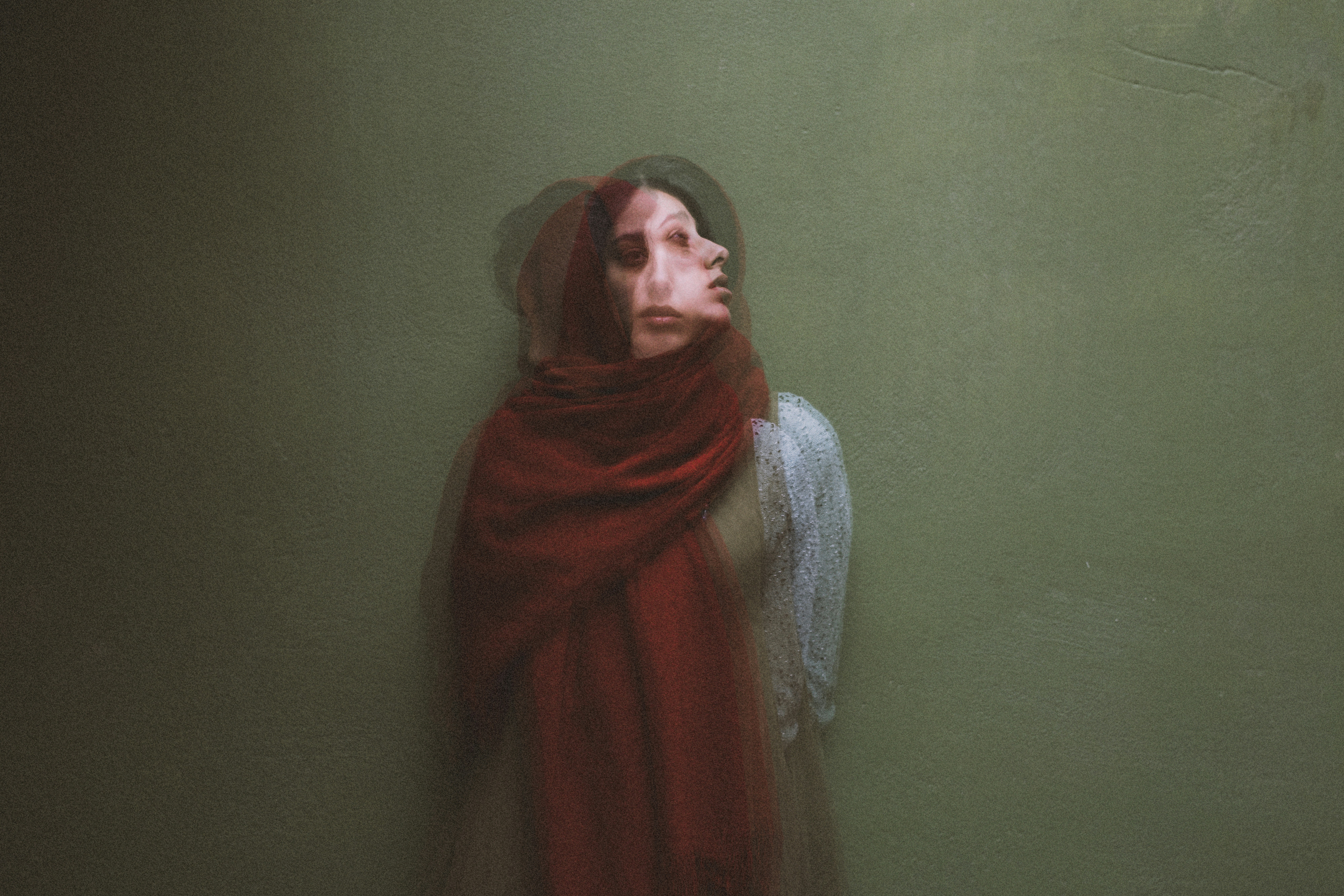
My Journey to Islam
February 23, 2026 - Rain Before the Crescent
The rain has been falling softly these past few days, as if the world itself is preparing for something sacred. There is a quietness in rain that feels like mercy—steady, cleansing, patient. And as Ramadan approaches, I cannot help but feel that the rain is more than weather. It feels like a prelude. A washing of the earth before the heart is asked to awaken.
Rain has always carried a certain tenderness for me. It slows everything down. It softens the noise of the world and gives space for reflection. And now, standing on the edge of Ramadan, that stillness feels like an invitation—a gentle reminder that new beginnings do not arrive loudly. They arrive quietly, like raindrops against the window, asking only that we notice.
Ramadan feels like that kind of rain. A season where the soul is rinsed of what it has been carrying for too long. A time where hunger teaches empathy, silence teaches reflection, and prayer becomes less about obligation and more about return. Not return to perfection—but return to sincerity.
I find comfort in the idea that just as rain nourishes the earth even when it falls unnoticed, Ramadan nourishes the heart even when I feel unprepared. I do not have to arrive flawless. I do not have to have everything figured out. I only need to arrive willing.
The Qur’an reminds us:
“And We sent down from the sky blessed rain by which We bring forth gardens and grain from the harvest.”
— Qur’an 50:9
Blessed rain. Not only for the soil, but for the soul that recognizes its symbolism. Growth often begins quietly, beneath the surface, long before it becomes visible.
As I listen to the rain tonight, I feel hope. Not the overwhelming kind that demands certainty, but the gentle kind that whispers possibility. Ramadan is near. The crescent will appear. And with it comes another chance to soften, to return, to begin again.
My journey continues with this quiet prayer: that as the rain cleanses the earth, Ramadan cleanses my heart—and that I step into it not as someone perfected, but as someone ready to be renewed.
